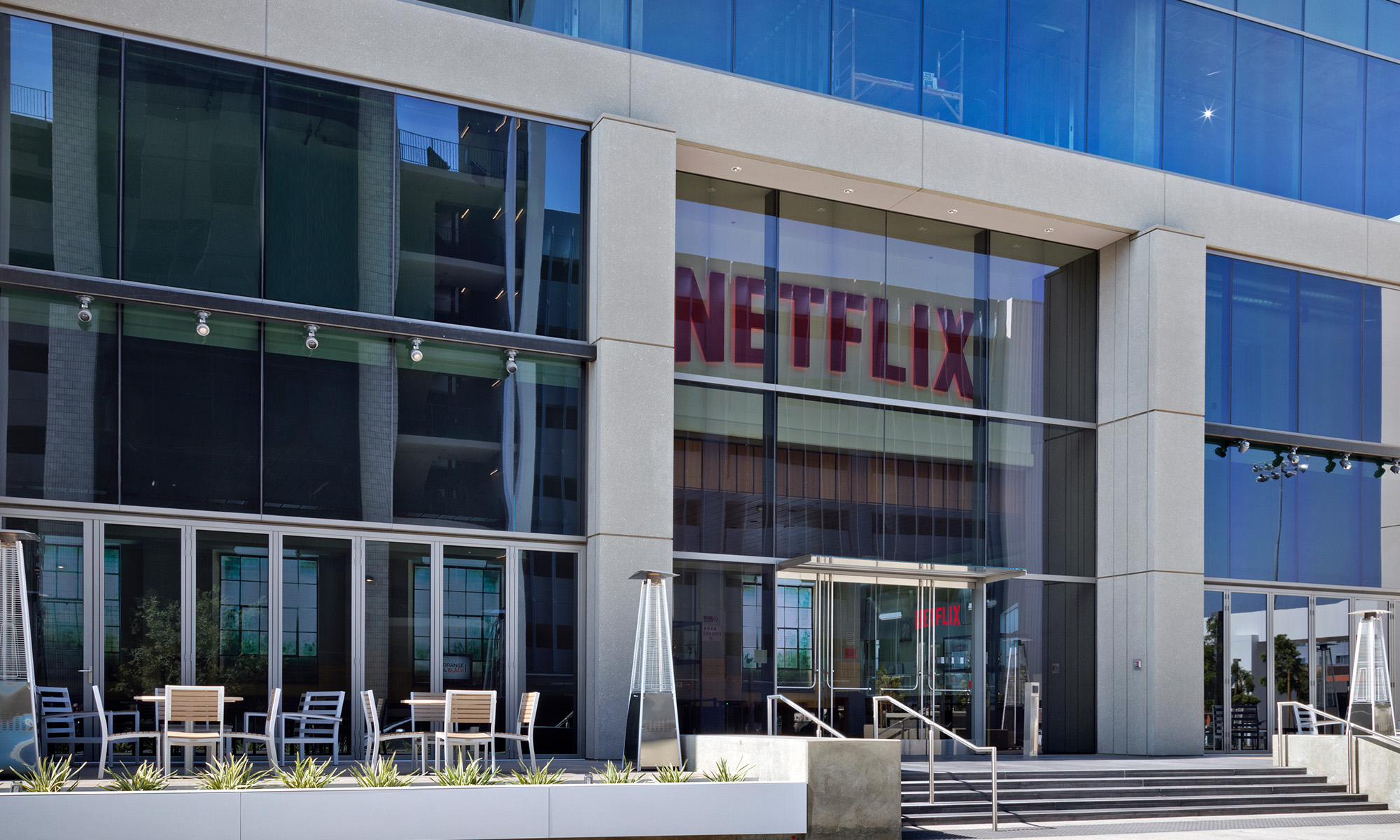
Source: Netflix
Good artists copy -- great artists steal. Stealing ideas from the very best players in your field will probably lead to the best results.
That is what Netflix (NFLX +0.32%) is about to do to its original content productions. This time, the digital media veteran plans to copy the crucial step that took Marvel from a superhero niche producer to a buyout target, and then a superstar in the Walt Disney (DIS 1.02%) content line-up.
So, what is the secret Marvel sauce that is going into the Netflix recipe now? It is all about taking full control over the creative process.
The current definition of "Netflix originals"
So far, Netflix has ordered up fresh material from a bundle of independent studios. For example:
-
House of Cards may be a Netflix exclusive in many markets, and the company certainly helped get the political drama off the ground. However, Netflix did not actually create the show. Media Rights Capital, previously best known for creating Oscar winner Babel and Philip K. Dick adaptation The Adjustment Bureau, actually assembled and produced the show. In some markets, Media Rights has set up distribution through partners not named Netflix, which is why Netflix users cannot watch House of Cards in the recently launched Australian service.

Series lead Piper Chapman from Orange Is the New Black. Source: Netflix.
- Hollywood mini-major Lions Gate Entertainment (LGF +0.00%) produces Orange Is the New Black for Netflix. To stick with a familiar market, Lions Gate licensed standard TV rights to Aussie cable TV service Showcase. However, the online viewing rights remained with Netflix, so customers Down Under can enjoy the prison dramedy today.
- The more recently premiered Floridian family drama Bloodline is made by Sony (SNE 2.92%). This time, Netflix had already decided to go completely global within the next couple of years, and the Bloodline license is for worldwide distribution rights. Sony may still gather additional revenue by selling DVD and Blu-ray versions, or perhaps partnering with traditional TV networks like Lions Gate has done. But if you use an online service to watch Kyle Chandler looking intense in a Key West swamp, the name of that service will be Netflix.
Newer Netflix original shows are more likely to come with global license coverage. It is the only way to fly when you are planning to reach every nation in less than two years, even if these worldwide rights come with bigger price tags.
What Netflix wants to do instead
In a recent Bloomberg interview, CEO Reed Hastings took that idea to the next logical level.
"We've continued to expand our creative role on the shows," Hastings said. "Now we're taking on ownership and production."
That means taking on higher costs and additional risks for each new production. It also means reaping all of the available rewards when a movie or show really breaks through. As a distributor, Netflix only gets some of the glory from award-winning hits like House of Cards or Orange Is the New Black. Someone else collects the home video sales, the licensed Halloween costumes, and sales of lunch boxes and pajamas when it is a kids show.
This is a game-changing strategy shift. Under this model, Netflix will be under constant pressure to produce great material that actually pays off. The rewards of getting it right are magnified, but misfires also become more expensive.
How Marvel made this idea work
Netflix did not have to go far to find a role model. The company teamed up with Disney for a massive distribution pact that takes effect next year. More specifically, Netflix is already rolling out exclusive shows made by Marvel studios. You can bet that Reed Hastings and his team have taken note of Marvel's gutsy move to in-house production -- and also of how richly that gamble is paying off.
Here is a quick refresher for the rest of us.
In 2006, Marvel shocked investors everywhere when it set up a complicated financing structure to start producing its own movies. No longer depending on Sony to spin Spiderman yarns, that move set Marvel on the path toward billion-dollar hits like "Iron Man 3" and "The Avengers."
Fellow Fool and all-round movie industry expert Tim Beyers was impressed by these bold plans, but he was also worried by the large downside risks involved. At the time, Marvel was a small-cap minnow with a $1.5 billion market cap and just $413 million of annual revenues.

You can find this Iron Man suit at the real-world Disneyland. Nobody monetizes abstract ideas quite like Disney. Source: Disney.
When Disney saw the long-term value of the Marvel character gallery and bought the company for $4.2 billion, the company had only produced two films under that aggressive financing structure. The first Iron Man title was a winner, collecting $585 million in global box office receipts. However, the Edward Norton version of The Incredible Hulk stopped at just $263 million.
If that still sounds good for a movie with a $150 million production budget, you are forgetting that Marvel had to share that cash with movie theater owners and distribution partners. Then, there is the marketing budget. So, Disney took a $4 billion risk on an upstart studio with one home run and one decent base hit to its name.
Well, the Marvel Cinematic Universe has been all killer and no filler since then. The Incredible Hulk remains the lowest-grossing title since Marvel took over production. The studio is responsible for two billion-dollar grand slams and even managed to make a winner out of a rocket-wielding raccoon and a (barely) talking tree.
If nothing else, the success of "Guardians of the Galaxy" shows that movie audiences have started to expect something good out of every Marvel title. Yes, even when the movie was based on a little-known stable of relatively obscure characters. Before the rumor mill around this production started, I bet most of you had never heard of the series before.
Here is some evidence for that conclusion . . .
Can Netflix really pull this off?
Since the Marvel buyout in 2009, the brand has pulled in $6.3 billion in global box office sales and $1.5 billion of gross profits for the House of Mouse. This is the kind of audience feedback Netflix is looking for.
But not exactly, of course. Marvel and Disney prefer straight box office greenery, followed by selling, licensing, and otherwise exploiting each title in other profitable markets. For Netflix, on the other hand, it is all about attracting subscribers to its service and keeping them interested enough to continue paying for it. Any additional licensing income would be very, very secondary.
Moreover, Marvel started out with several decades worth of world-building and storytelling before hitting the silver screen. Netflix does not have a treasure trove of heroes, a unifying theme, or even a coherent story world to fall back on. It has no built-in fan base, except for the brand recognition of the company itself.
I would be surprised if Netflix even tried to tie its story lines together across various genres, worlds, and timelines. This is a very different beast from the Marvel Cinematic Universe.
Netflix may be facing an uphill battle in terms of building a studio brand that really works. It will be expensive and risky. Nobody outside of the company will know if it is even working unless Netflix suddenly starts sharing viewership data.
But on the upside, Marvel has shown us that this can be done. The growth of the Netflix studio might take longer and face more Hulk-like stumbles (or worse), but there is clear value in this strategy.
Netflix has no trouble raising capital for splashy content. Now let's see how much money and effort Reed Hastings really wants to invest taking production in-house -- and whether they can make those dollars sing by driving even more new customers to Netflix video streaming services.









